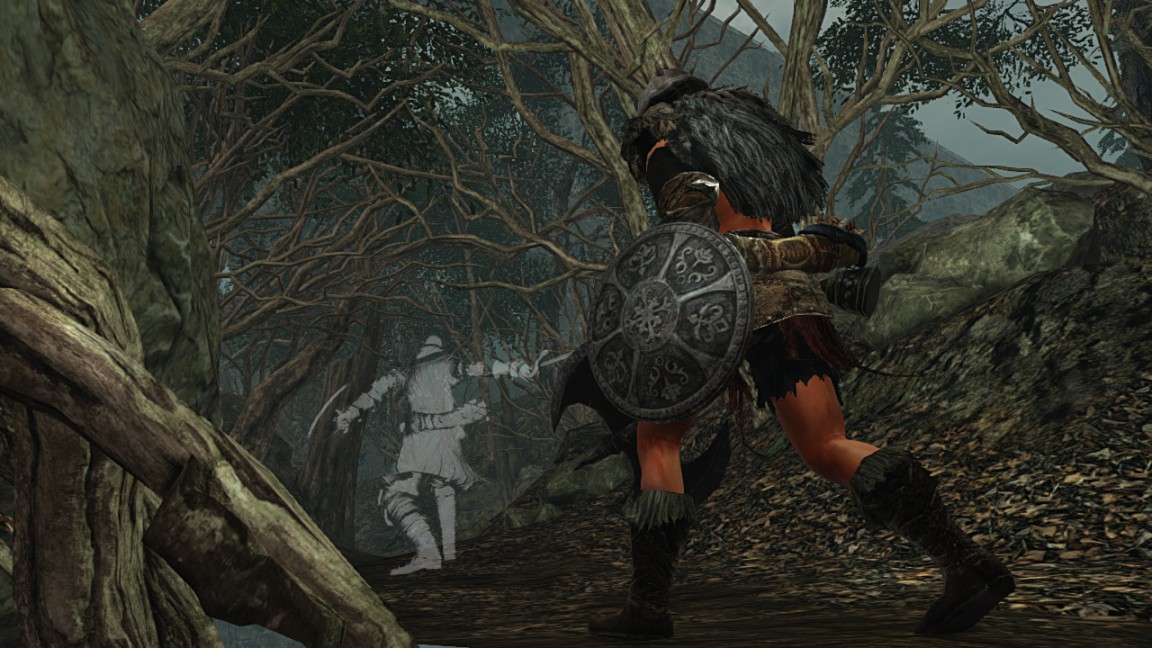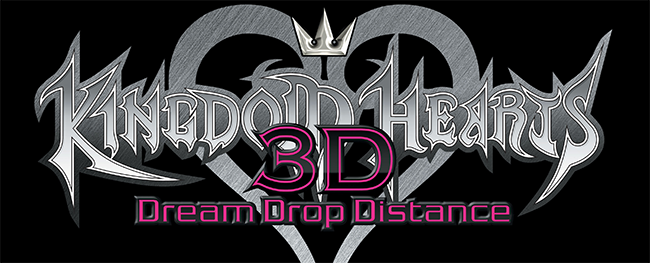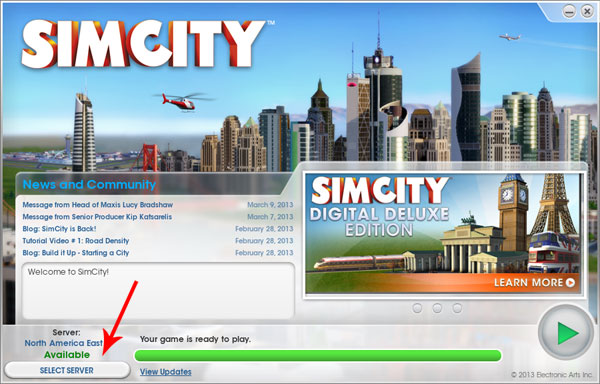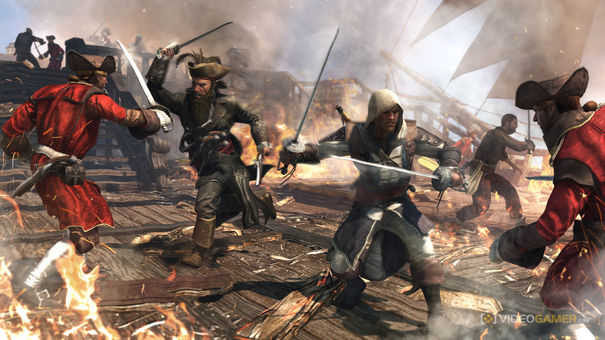What is “Trivia” and where did it originate? The first recorded use of the word "trivial" in English occurred around 1589. "Trivium" was used in reference to the study of the Liberal Arts, and indicated "insignificance" in that certain facts were considered to be "only of interest to graduate students." Gradually, "trivia" came to mean any information that is of little or fleeting importance and of general interest.
The term "trivia" now represents little bits of information that, for all intents and purposes, are insignificant to most people. The first book to record this "trivial" information was titled "Trivia", and published in 1966 by Dell. It was written by authors Goodgold and Carlinsky. It was very popular, and it landed a spot on the New York Times Best Sellers list. Later more successful trivia related books came along such as "The Trivia Encyclopedia" in 1974, "The Complete Unabridged Super Trivia Encyclopedia" in 1977, and "Super Trivia, Vol. II" in 1981. All of these books were published by Fred L. Worth, a former Air Traffic Controller from California. The success of these trivia books, and the success of trivia quiz shows such as Columbia's University's Trivia Contest, led up to the marketing of Trivial Pursuit, in the early 1980's.
Trivial Pursuit was invented by Scott Abbott, and Chris Haney. Finding pieces of their Scrabble game missing, they decided to create their own game. With the help of John Haney and Ed Werner, they released the game to the public in 1982. In 1984 over 20 million copies of the game Trivial Pursuit were sold in North America alone. In 1988, the game was licensed to Parker Brothers, and by 2004 almost 88 million games had been sold in 26 countries and 17 languages.
In 1954 television was beginning to become a central item in many households. The $64,000 Question, Twenty-One and Beat The Clock were some of the quiz shows to hit the tube in the 1950's. The American public tuned in to these and many other quiz shows, drawn in by the appeal of the large cash prizes for contestants who had the greatest amount knowledge. Between 1956 and 1958, it began to emerge that many of these popular quiz shows had been rigged. Trials of key figures in the quiz shows followed, and brought out evidence that showed many of the game show winners had been given the answers prior to their appearance on the show. This marked the end of the quiz show era, for a while.
The introduction of Jeopardy in 1964 helped to bring back the game show, and helped in restore the American people's trust in the game show industry. Limits on prize money, as well as rigid guidelines for who a contestant could have contact with prior to the show guaranteed that the winners would win fairly. The original ran for 11 years before it was canceled in 1975. Jeopardy was brought back in 1984, when Alex Trebek became its host. Since then Jeopardy has had a continuous run for 24 years and counting.
People’s fascination with trivia ranges from books and board games, from TV and radio, to internet sites. New kinds of video games, cell phone games, and downloadable forms of trivia are being released to the public every day. Interactive games can be played from restaurants, bars, and other public locations.
Today, the most popular format is the 4 answer multiple choice quiz. Some hardcore trivia fans like to answer the question without being able to choose between existing answers. Trivia is becoming very popular on the internet as one can imagine. Online you can find plenty of trivia questions with answers, and there is no shortage of trivia games that you can play online. You can even play trivia games for real money on some sites.






 Transformers: Rise of the Dark Spark – Stalker Logs Guide
Transformers: Rise of the Dark Spark – Stalker Logs Guide Dead Space 3 Guide: Artifact Collectibles Guide
Dead Space 3 Guide: Artifact Collectibles Guide How to Change Servers in SimCity 5
How to Change Servers in SimCity 5 Assassins Creed 4: Black Flag
Assassins Creed 4: Black Flag Gears Of War: Has Microsoft Committed An Epic Fail?
Gears Of War: Has Microsoft Committed An Epic Fail?